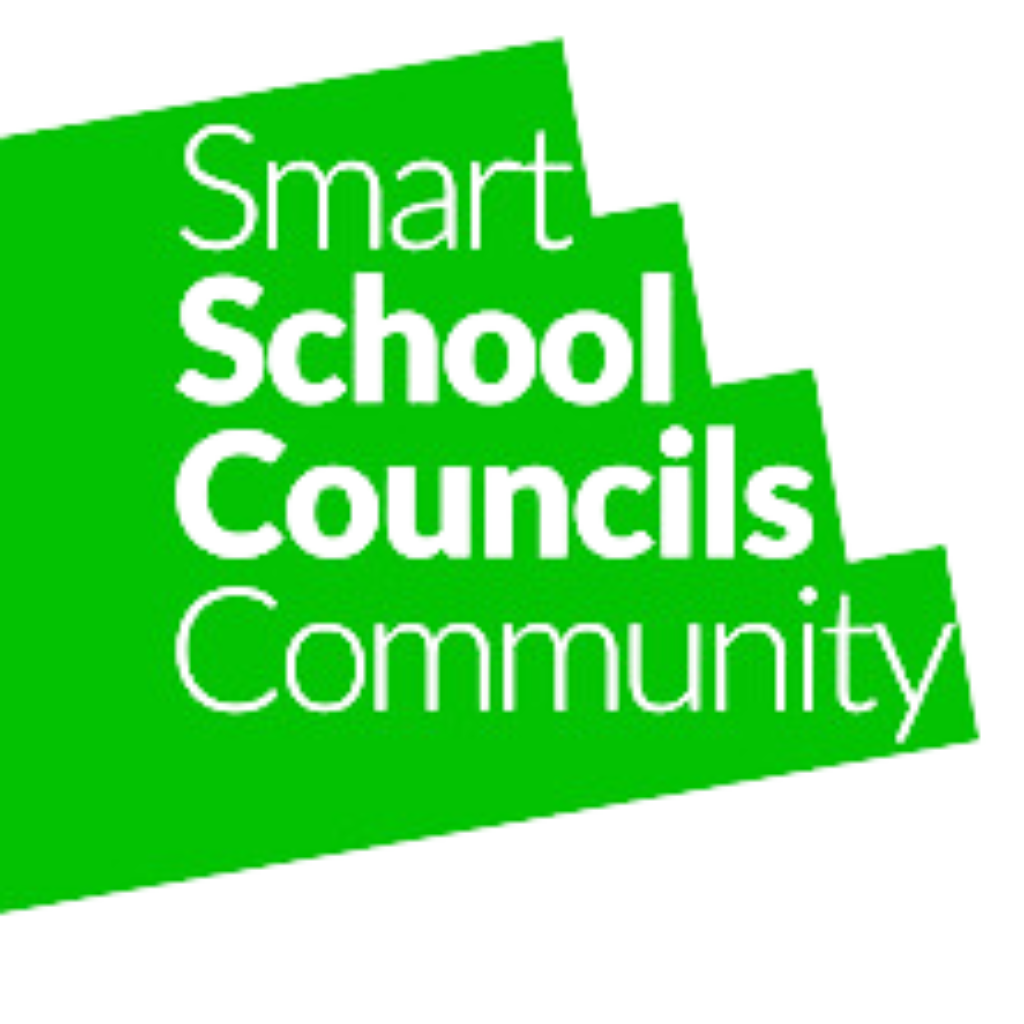A Painting That Inspired Change: Rethinking School Councils
The Cover Image that Sparked New Thinking
Isabel Kempner, a former teacher turned researcher at the Education Endowment Foundation (EEF), teamed up with artist Gillian Holden to create an evocative painting that features on the cover of her book with Jan Germen Janmaat, “School Councils, Democratic Forums or Exclusive Clubs?”
The artwork depicts a room full of pupils deeply engaged in a meeting, with a group on the outside, shrouded in shade, listening in but not allowed to partake in the conversations. This imagery encapsulates a stark reality that Isabel witnessed during her teaching stints in various countries: the unequal access to student councils and the undemocratic manner in which they often function.
The Unequal Footing of Traditional School Councils
Isabel’s experiences found that traditional school councils usually have one or two class representatives who put themselves forward and are then voted in. However, her observation was that these councils are predominantly filled with students from more privileged backgrounds. The diversity of the school's community, especially those from disadvantaged socio-economic backgrounds, often remains excluded. This glaring issue raises concerns because school councils are intended to be platforms for developing democratic skills and values. If only a subset of students have access to these opportunities, then the purpose of these councils becomes compromised.
Data Driven Insights and The Way Forward
With guidance from her supervisor, Jan German Janmaat, Isabel ventured into academia to analyse data and address the key question: Do pupils from different countries, schools, and socio-demographic backgrounds have unequal opportunities for participating in school councils?
Her findings affirm that the traditional model is indeed exclusive and raises significant concerns for equitable democratic participation.
This revelation underscores the need for an overhaul in the way we approach student councils. It paves the way for organisations like Smart School Councils to offer more inclusive approaches to pupil voice and democratic participation. By doing so, we can ensure that the power and responsibility of shaping our future democracies are well distributed across diverse groups of young people.
To all the schools in the UK, it's time to reevaluate and reform your student councils. Let's make them genuinely democratic, diverse, and inclusive platforms. Because as Isabel’s painting and research suggest, our traditional approach needs a fresh coat of paint.
Smart School Councils, a charity devoted to establishing an inclusive approach to pupil voice, invites you to join this vital conversation. Your thoughts and opinions can help shape a more equitable future for all students.
Stay tuned for more insights as we continue to explore the complexities of pupil voice and school councils.

